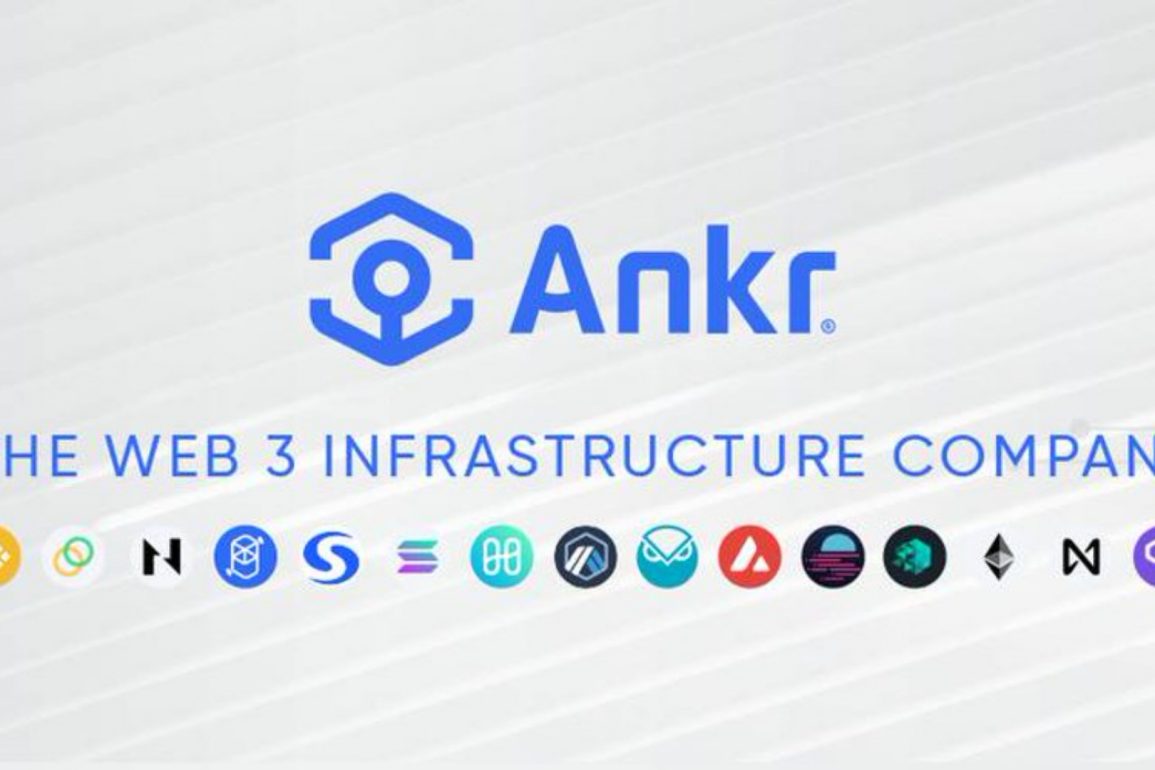- Summary:
- Ankr Network has upgraded to Ankr Network 2.0. Find out the benefits it brings to developers and Web3 users.
Ankr, a company specialising in providing Web3 infrastructure, has unveiled Ankr Network 2.0, their decentralised marketplace for Web3 infrastructure. Developers and dApps can now connect to blockchains using the Ankr 2.0 protocol, which pays node operators for their efforts. As a result, the upgrade provides a complete set of decentralised products and services that are fundamental to Web3 growth.
What’s in the Ankr Network 2.0 package?
As a result of Ankr Network 2.0, blockchains can work with numerous infrastructure providers on a single platform. For the first time, the industry can work on a node infrastructure protocol. Also, Ankr says there will be an increase in traffic and compensation for Ankr node providers following this upgrade. Furthermore, companies that already maintain full nodes for their own projects can join the Ankr Network and earn incentives when their projects aren’t using them.
Ankr Network will be better placed to keep up with the ever-increasing demand for Web3 services because of its decentralised marketplace and economy for infrastructure. As a result, more people will be able to profit from the company’s growth. As of now, Ankr serves up to 250 billion blockchain requests every month from 50 different chains. Also, it provides Remote Procedure Call (RPC) services to 17 blockchains, making it the industry’s largest RPC supplier.
A decentralised RPC layer is available to Ankr Network 2.0 developers. As a result, dApps, wallets, and any other projects that use the service will be able to connect to blockchains without relying on a central authority. When making a request to a blockchain, all parties pay for it as they go. The node suppliers and the community of stakers that help secure the complete nodes each receive a portion of this money.
On the Ankr Network, anyone can stake to become a full node and get rewards for the RPC traffic they service. To earn ANKR tokens, independent nodes serve blockchain requests. Also, to protect the network stakers give ANKR to nodes and partake in the profits.


